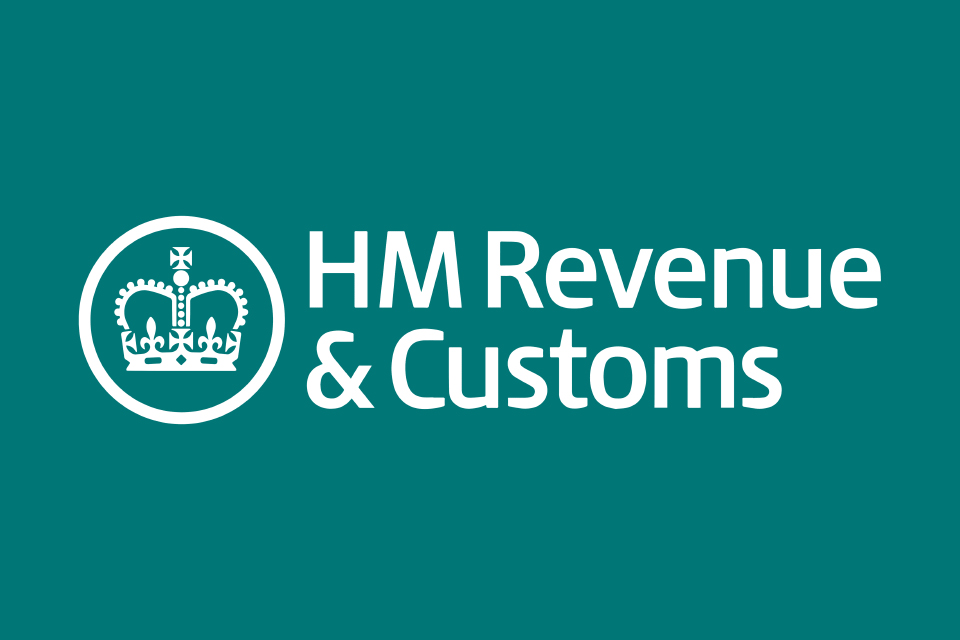

The UK’s new Employment (Allocation of Tips) Act 2023 will come into effect on October 1, 2024, aiming to create fairer practices in how tips, gratuities, and service charges are shared within the hospitality sector. This change is especially relevant for businesses like pubs, cafes, and restaurants, where tipping is a common part of customer interactions and employee income. Here’s a breakdown of what this means for hospitality businesses and how they can prepare for the new rules without getting bogged down in technical details.
What Does the New Act Mean for Your Business?
Under the new law, hospitality businesses must pass 100% of tips, gratuities, and service charges directly to employees, ensuring that staff receive the full amount of the money intended for them. This means businesses can no longer hold back any portion of tips to cover costs like taxes or breakage fees. Here’s what you need to know about how the Act will impact your business operations:
- No Deductions: The law prohibits any deductions from tips for things like taxes, administrative costs, or other fees. All tips should go directly to your staff.
- Same-Location Distribution: Tips must be distributed within the same establishment and cannot be pooled across different business locations.
- Employee Transparency: Employees should have written guidelines on how tips are distributed, providing them with clear insight into how much they can expect and how it’s allocated.
Tronc Schemes Explained: What’s the Difference from Tips Through Payroll?
For many hospitality businesses, understanding how to handle tips through a tronc scheme versus payroll can make a big difference in operations and compliance.
A tronc scheme is a separate arrangement used to collect and distribute tips among employees. This scheme is usually managed by a staff member, known as a “troncmaster,” rather than by the employer, allowing businesses to avoid paying National Insurance contributions on these distributed tips, as long as the scheme meets HMRC’s guidelines. This can provide significant tax savings while ensuring fair distribution among the staff.
In contrast, if tips are processed through payroll, they are subject to National Insurance and income tax deductions, meaning that both the business and employees may face higher tax obligations. With the new Act, it’s essential for pubs, cafes, and other hospitality businesses to decide which method best suits their structure while ensuring that tips reach employees in full.
Financial Benefits and Compliance for Hospitality Businesses
Tronc schemes don’t just help with tip distribution—they also bring potential financial benefits. For example, if a small pub or cafe distributes £10,000 per month in pooled tips through a tronc, it could save approximately £1,380 monthly on National Insurance contributions. This makes a tronc arrangement both cost-effective and staff-friendly, as it ensures employees receive tips in full without additional tax burdens for the business.
With the Act’s requirements for transparency and fair distribution, it’s essential for businesses to be aware of these rules to avoid potential penalties. The Act includes provisions for employees to raise concerns if they feel tips aren’t being distributed fairly, providing extra protection for staff and reinforcing the importance of compliance.
Payroll Adjustments and Record-Keeping
The new regulations also mean that pubs, cafes, and restaurants should review payroll processes to make sure tip distribution complies with the Act. Keeping accurate and up-to-date records will be essential for compliance, and regular reviews of tronc balances can help ensure full transparency and avoid any issues.
For businesses that previously used retained tronc funds to cover certain costs, it’s now time to explore alternative funding methods, as retaining any portion of the tronc will no longer be allowed.
Preparing for the Transition
As October 2024 approaches, now is the ideal time to review current tip-sharing practices. Creating a clear, written policy around how tips will be managed and distributed will help your team understand the changes. With simple, straightforward guidelines, staff will feel more comfortable with the transition, knowing that their tips will be fully protected.
A Step Towards Fairness in Hospitality
The Employment (Allocation of Tips) Act 2023 is a welcome step toward ensuring fairness in the hospitality industry. By mandating that 100% of tips go directly to employees, this Act addresses past concerns around tip withholding and aims to make tip distribution clearer and fairer for everyone involved. For pubs, cafes, and restaurants, getting prepared for these changes will mean reviewing tip policies, updating payroll processes, and ensuring staff understand how tips will be managed. If you need help with these updates, our team is here to support you in navigating these changes smoothly.
For more detailed insights into how the new Employment (Allocation of Tips) Act could impact your business, get in touch with us today to ensure you're fully prepared for the upcoming changes.





